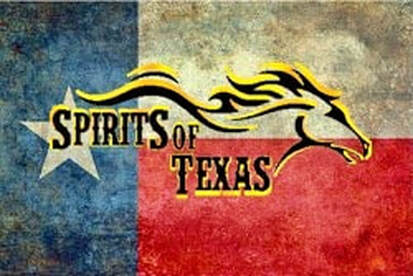September 1, 2021
Today in Texas history
By Bandera Spirits of Texas
On this day in 1863, Major Santos Benavides, the highest-ranking Mexican American to serve in the Confederacy, led 79 men of the predominantly Tejano 33rd Texas Cavalry across the Rio Grande in pursuit of the bandit Octaviano Zapata.
Union agents had recruited Zapata, a former associate of Juan N. Cortina, to lead raids into Texas and thus force Confederate troops to remain in the Rio Grande valley rather than participate in military campaigns in the east.
Zapata was also associated with Edmund J. Davis, who was conducting Northern-sponsored military activities in the vicinity of Brownsville and Matamoros. For these reasons, and because his men often flew the American flag during their raids, Zapata's band was often referred to as the "First Regiment of Union Troops."
Benavides caught up with Zapata on Sept. 2 near Mier, Tamaulipas. After a brief exchange of gunfire, the Zapatistas dispersed, leaving 10 men dead, including Zapata. Benavides later defended Laredo against Davis's First Texas Cavalry, and arranged for the safe passage of Texas cotton to Matamoros during the Union occupation of Brownsville.
He died at his Laredo home in 1891.
Union agents had recruited Zapata, a former associate of Juan N. Cortina, to lead raids into Texas and thus force Confederate troops to remain in the Rio Grande valley rather than participate in military campaigns in the east.
Zapata was also associated with Edmund J. Davis, who was conducting Northern-sponsored military activities in the vicinity of Brownsville and Matamoros. For these reasons, and because his men often flew the American flag during their raids, Zapata's band was often referred to as the "First Regiment of Union Troops."
Benavides caught up with Zapata on Sept. 2 near Mier, Tamaulipas. After a brief exchange of gunfire, the Zapatistas dispersed, leaving 10 men dead, including Zapata. Benavides later defended Laredo against Davis's First Texas Cavalry, and arranged for the safe passage of Texas cotton to Matamoros during the Union occupation of Brownsville.
He died at his Laredo home in 1891.


